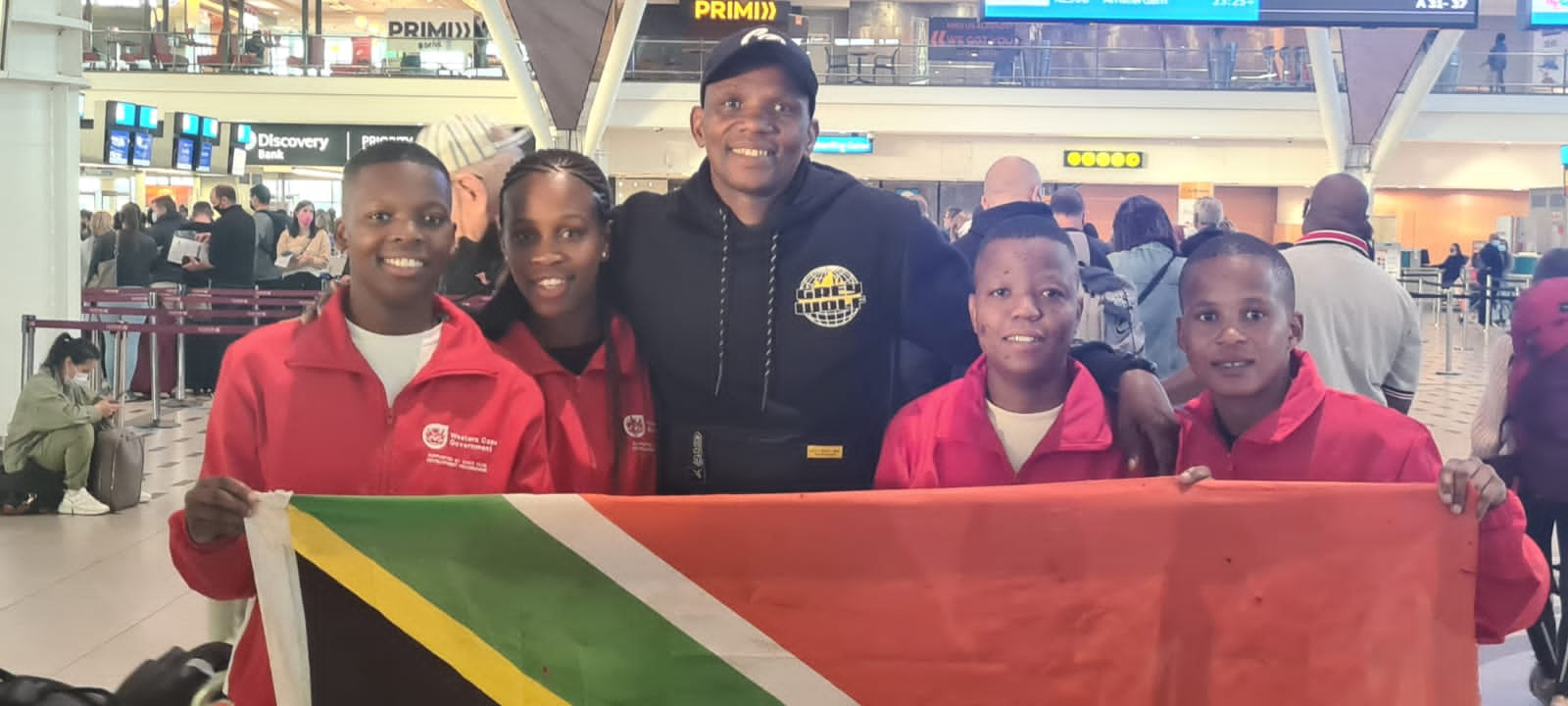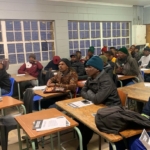By Myolisi Gophe. Images: Supplied
As a young village boy, Sipho Joyisi always dreamed of plying his football trade at professional and international levels, and he had all that it takes to achieve that: he was so good that he represented the former Transkei homeland at national games and could have easily cracked it.
But circumstances were difficult for budding sports stars like him to be exposed to potential suitors, and his promising football playing career ended there.
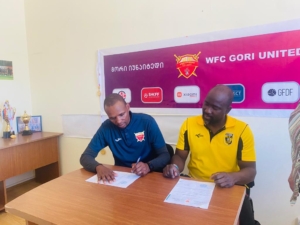
However, as they say, there are many ways to skin the cat, and Joyisi has quenched his thirst to participate in international football by turning to a football intermediary or agent.
His Soccer Consultants Group-SA works with international partners and has offices in New Delhi (India), Valencia (Spain) and Buenos Aires (Argentine) that are registered in those countries, making it easier to secure moves for a number of his clients to clubs across the globe.
“I was a football star and should have been a professional player,” recalls Joyisi, born in the Eastern Cape of Gatyana. “We had top players (in Transkei), but they were not exposed. That is why I told myself I would push and will always be in football to help those coming after me. And I’m glad I’m where I am today and globally known for good things”.
Among his many clients are Ncumisa Ngolozela, Lazola Ngewu, Gadifela Mojaki and Sinovuyo Mkwanasi – the four young women footballers from Bot River in the Overberg who secured their childhood dreams of moving abroad when they signed for Gori United in Georgia in June.
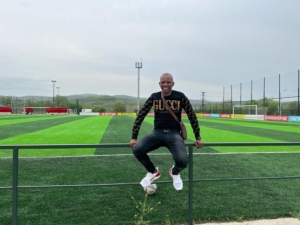
Where did it all start?
After matriculating, Joyce studied public administration management at the former Peninsula Technikon. But he only worked for a year in the field at Stellenbosch Municipality before joining Old Mutual where he connected with former pro footballer Roger Links.
But it was after joining a Durban-based company whose owner was friends with the late Steve’ Kalamazoo’ Mokone, his football intermediary career took off. He started by organising scholarships for youngsters who were not too good academically but good in sports to pursue their studies and sporting careers in the United States.
With club football activities taking a break for the Qatar 2022 World Cup, the football transfer window is opening soon, and football intermediaries like Joyce are likely to be busy. Is this a lucrative field?
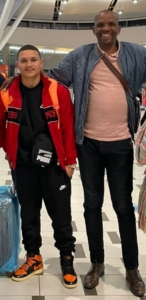
“It’s a good business, but it’s bad news if you are here for money,” Joyisi comments. “It has a bad and good side. I always advise people to conduct thorough research on agents before working with them.
“That is why we prefer to play the role of football manager and have a player development plan for our clients. Sometimes you have to be a brother and a parent because you want a holistic development approach. You have to know where the player stays, where he was born, if he has kids, a girlfriend, etc. We use their backgrounds as factors to motivate contract negotiations.
“You must look at his abilities and have short, medium and long-term goals. Yes, a player can be excellent, but you need to check his abilities to see if he can fit in a pressurised environment in big clubs like Chiefs and Pirates. In such situations, even the jersey, the badge, teammates, the chairman, fans, your family, people you know, and the media put you under pressure. But not in other teams. So you need to look at the player’s mentality to see if he can carry all of those pressures. The mentality is more important than the potential”.
For Joyisi and his colleagues, identifying talent is not a big issue, but the challenge sometimes is getting players released by clubs, especially from informal football. “They like to be dominant and often don’t see the bigger picture. It’s difficult to work with such players without real development. It is easy in formal football when you know the rules.”
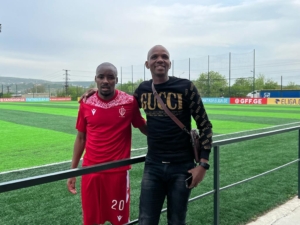
The field, though, is not for the faint-hearted; practitioners experience heartaches and face danger at times. Like when Joyce was travelling with players to a European country he was a regular, only to be turned back for what he found to be racial profiling.
Or when he received death threats from a parent after a potential deal fell through following dealings with “wrong people” from a central African country.
And it is a dog-bites-dog field that some growing agents find difficult. “Some big agents can easily go to a family of a promising footballer and offer them R250 000 to sign with them”.
Despite that, the football intermediary has allowed Joyce to fulfil his ambition to participate in the sport he loves at a global scale, and he is enjoying it.

